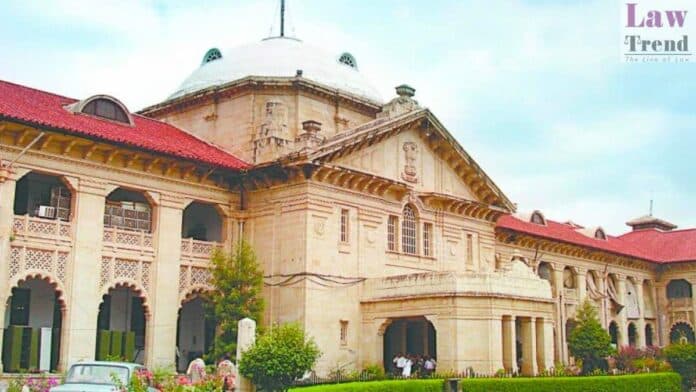The Allahabad High Court has delivered a notable judgment clarifying the scope of its inherent powers under Section 482 of the Code of Criminal Procedure (Cr.P.C.) in cases under the Scheduled Castes and Scheduled Tribes (Prevention of Atrocities) Act, 1989 (SC/ST Act). The court ruled that inherent jurisdiction can be invoked to challenge entire proceedings,
To Read More Please Subscribe to VIP Membership for Unlimited Access to All the Articles, Download Available Copies of Judgments/Order, Acess to Central/State Bare Acts, Advertisement Free Content, Access to More than 4000 Legal Drafts( Readymade Editable Formats of Suits, Petitions, Writs, Legal Notices, Divorce Petitions, 138 Notices, Bail Applications etc.) in Hindi and English.




